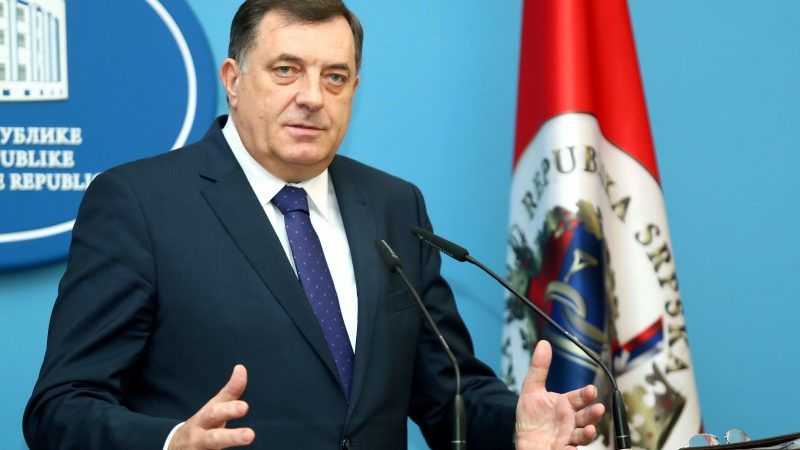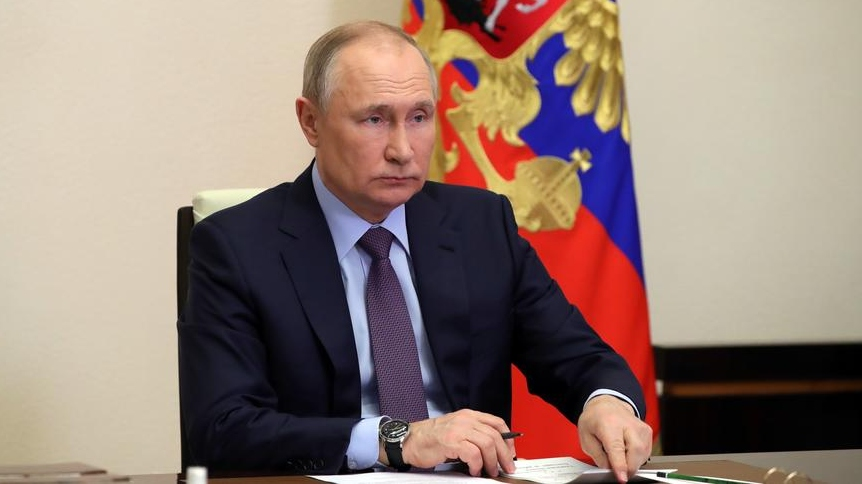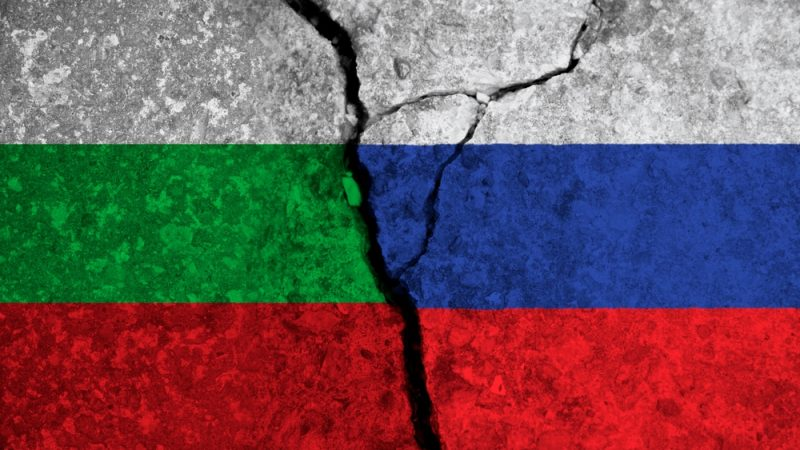Montenegrin President Sees Path Back to Power for Once-Dominant Party

A new minority government in Montenegro offers the Democratic Party of Socialists a change to re-establish itself as a force to be reckoned with ahead of elections in 2023.

A new minority government in Montenegro offers the Democratic Party of Socialists a change to re-establish itself as a force to be reckoned with ahead of elections in 2023.
Disappointed with the West, lacking trust in local leaders, and served a diet of Serbian media, many in North Macedonia are vulnerable to Russia’s wartime propaganda.

The police takedown of encrypted communications provider Sky ECC has led to a spate of new arrests across the Balkans, notably that of notorious drug boss Darko Saric and the former head of Montenegro’s top court. Whether justice will come is still in doubt.

As Belgrade feels the heat over its warm ties to Moscow, Beijing’s stake in the country is likely to grow.
Serbia is coming under significant pressure over its policy towards Russia due to current events in Ukraine. A country on track to EU accession, with European values enshrined in its constitution and a near-majority supporting EU membership, it has long benefitted from cooperation both with Europe and Russia. This policy is supported by a high share of the population, especially supporters of the current government. But now, as a sharp turn further in the direction of either Russia or the EU looks relatively unlikely, Chinese influence is likely to increase.
It was billed as a promising breakthrough — Greek Prime Minister Kyriakos Mitsotakis and Turkish President Recep Tayyip Erdogan meeting last month and agreeing to try to resolve their countries’ age-old differences, keeping, at least, a lid on tensions as the conflict in Ukraine rages.

Viktor Orban and the Myth of the Self-Destructing Strongman
The timing could not have been more striking. On April 3, nearly six weeks after Russian President Vladimir Putin’s assault on Ukraine had apparently reinvigorated and reunified the liberal democratic West, Hungarian Prime Minister Viktor Orban was easily reelected to his fourth consecutive term in office, and his fifth in total. Although Orban has long emulated Putin and presides over an increasingly authoritarian regime—and although he faced for the first time a largely united opposition front—he had little trouble winning, drawing more than 53 percent of the vote and securing a continued supermajority in parliament. With the retirement of German Chancellor Angela Merkel, he also now carries the dubious distinction of being the longest-serving head of government in the European Union, a supposed bastion of human rights and democracy.

Serb entity Republika Srpska would defer the decision transferring competencies from the central state government to the entity level that parliament adopted last year, Milorad Dodik, the Serb member of Bosnia and Herzegovina’s tripartite presidency, told Serbian daily Politika in an interview.

A petition against imposing sanctions on Russia was presented in Belgrade on Monday after signatures were collected from 200 public figures, including the academics Matija Becković, Kosta Čavoški and Vasilije Krestić, Serbian Orthodox Church bishops Irinej and David, filmmaker Emir Kusturica and former ambassador to Russia, Slavenko Terzić.

Only a quarter of Bulgarians trust Russian President Vladimir Putin as support for him has continued to decline since the start of the war, a nationally representative survey by Alpha Research has found.
The drop in Putin’s rating in Bulgaria in just one year is remarkable – a year ago, his positive rating was 55%. Now 61% of Bulgarians distrust the Russian president.

Following another overwhelming victory for the ruling Fidesz party, Viktor Orban continues his ‘peacock dance’ while the joint opposition, like Saturn, starts devouring its children.
Hungary is coming to terms with the fourth consecutive landslide victory for the prime minister, Viktor Orban, and his nationalist-populist Fidesz party.